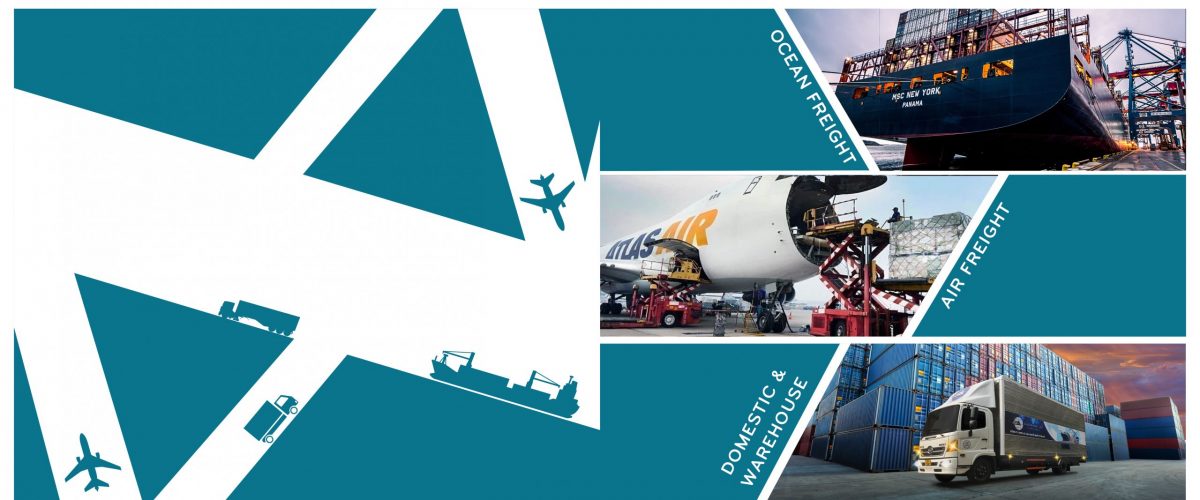Global schedule reliability inched up by 0.4 percentage points to 34.4% during October as market-wide congestion, particularly at import-heavy ports, continued to escalate, the most recent data from maritime intelligence provider Sea-Intelligence showed.
On-time reliability has averaged just 36.4% during the 10 months through October 2021, and while the latest data does register an improvement, it is still well below average of just over 70% seen in the 2018 to 2020 period.
“The only ‘positive,’ if one should call it that, is that schedule reliability is not plummeting further,” said Sea-Intelligence CEO Alan Murphy in a Nov. 29 statement.
Danish liner Maersk had the strongest reliability during the month at 46%, while Evergreen trailed with schedule reliability of just 13.4%.
The main contributor to eroding reliability metrics is global port port congestion, which causes ships to be locked in queue for drawn out periods, often resulting in weeks of idling.
The ports of Shanghai and Ningbo in China had over 175 containerships at berth or anchor Nov. 30, Platts cFlow trade-flow analytics software showed, while the ports of Los Angeles/Long Beach peaked at over 80 ships waiting to be serviced earlier in the month.
The improvement comes as the market recuperates from a drawn-out peak season, and both shippers and carriers make concerted efforts to improve container velocity and schedule integrity.
However, sentiment holds that infrastructure congestion and market imbalances are far from over, and likely won’t ease significantly until after the second quarter in 2022.
“Given already nasty congestion we’re living through, we may just be getting to light at end of the tunnel in the late spring or early summer,” a US freight forwarder source said.
As supply-side issues have abounded, freight rates have remained at or near record highs. The Platts Container Index – a measure of Platts’ key container freight rates – was assessed at at $7,126/FEU on Nov. 30, up over 250% on the year.
Delays for late vessel arrivals fall
In tandem with slight improvements in schedule reliability, the average delayed time for containership arrivals have fallen from August highs of 7.7 days, to now just over 7.3 days.
Market sources do not expect significant improvement in delays through the end of the year, and are hopeful that the Lunar New Year demand trough may provide carriers the opportunity to rebalance schedules through blanked sailings programs.
“Chinese New Year is Feb. 1, which is quite early, so we expect end of December into January that the rush will start quickly,” a shipowner source said. “Carriers are creating blanked sailings, because vessels are so delayed.”
Source: Platts













